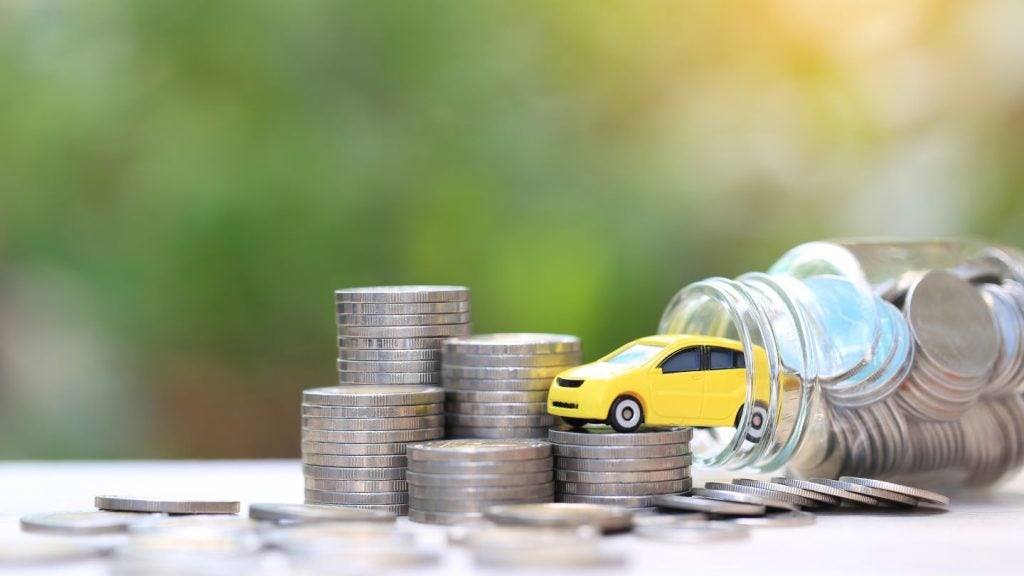Earlier this month, Antonio Guterres, the UN Secretary-General declared that COVID-19 is “the most challenging crisis since WW2”, and warned that it would trigger a world recession that has “no parallel in the recent past”. And, even in the virus’s early stages, we’re beginning to feel the effects of its turmoil, with businesses and the stock market reeling, and thousands of jobs under threat.
For the UK’s automotive industry, the impact has been particularly hard and fast. We’ve seen plants closing their doors, the values of firms falling with the markets, and new car registrations dropping at an alarming rate. Below, I’m going to look in more detail at the effects we’ve seen so far, as well as what the future may hold for the sector.
Car manufacturers
For car manufacturers with plants in the UK, the impact of the virus was first felt when the supply chains from China were disrupted. Unfortunately, a more severe impact took hold in March as the country’s containment methods failed and COVID-19 began to spread in the population, forcing the mass shutdown of showrooms and plants.
There was a suspension of activity at many of the country’s plants, including those of manufacturers Peugeot, Vauxhall, and Renault. But perhaps the biggest impact came in the shutdown of Nissan in Sunderland, the UK’s largest facility, responsible for 350,000 of the 1.3m cars sold in Britain in 2019. Most of the plant’s 7,000 employees were furloughed until at least the end of April as a result.
It’s difficult to make predictions about when normality might return to the UK’s plants. China was able to return to production within three months, but it’s widely recognised that their management of the virus was much more effective than the UK. Realistically, it is dependent on when lockdown conditions are lifted — a period of time no-one seems to be quite sure of.
One positive to come out of the shuttering of production lines in the UK has been the willingness for manufacturers to produce essential supplies for the NHS and provide motoring assistance for key workers. Vauxhall, Rolls Royce, and the McLaren and Williams formula one teams have all pledged their support to make ventilators, while Jaguar Land Rover will produce protective visors. Several car firms have also said they will provide free roadside assistance to anyone classed as a key worker.
How well do you really know your competitors?
Access the most comprehensive Company Profiles on the market, powered by GlobalData. Save hours of research. Gain competitive edge.

Thank you!
Your download email will arrive shortly
Not ready to buy yet? Download a free sample
We are confident about the unique quality of our Company Profiles. However, we want you to make the most beneficial decision for your business, so we offer a free sample that you can download by submitting the below form
By GlobalDataCar sales and finance
At the business end of the automotive supply chain, the news has not been great either. In the UK, demand for cars fell dramatically in March: the SMMT reported a 44.4% drop in new registrations compared to the same period in 2019. With the country under lockdown, many people haven’t been able to travel, and car showrooms have been forced to close, which has had a major impact on sales.
Many manufacturers are hoping that they can harness online car sales to make up for some of the shortfall in new registrations. James Tew, chief executive of iVendi, said that retailers would need to ensure that, with people online shopping from home, their dealerships are as visible as possible.
He also emphasised the importance of recreating the typical sales process over the internet, saying: “Effectively, you need to be able to allow the customer to choose and finance their car online as a minimum. Then, you have to look at which aspects of the deal can be handled remotely that are currently undertaken on a human level.”
There is also set to be a huge impact on the car finance market. In the UK, 91.9% of private car sales were completed through a type of finance deal (FLA) in the twelve months to January 2020, so the new car industry is massively dependent on these arrangements. This lending not only allows people to afford new cars, but the loans on book add huge amounts of worth to firms.
However, as people suffering financial difficulties prioritise food and shelter, the car finance sector faces a huge threat thanks to coronavirus. Many firms have already started to offer support like payment breaks, payment reductions, or waived interest to avoid being handed back the keys of their vehicles. But, very recently, the FCA announced measures to enforce temporary financial relief to those impacted by the virus, including payment holidays and a freeze on interest.
The result of this situation will probably see the car finance industry have to make huge changes as retailers do everything possible to see continued payments from customers. If firms cannot stem the tide of defaults and the handing back of keys, an industry that already works within thin margins might be in serious trouble, though, like much speculation at the moment, this remains to be seen.
Written by GSF Car Part’s Marc Barclay







